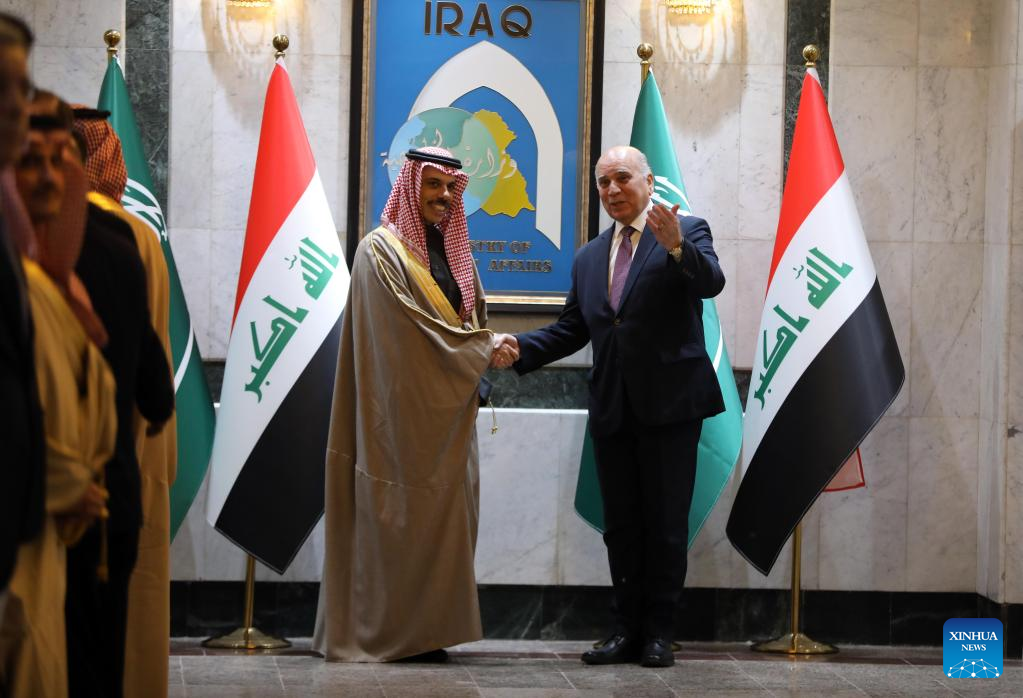Iran says all Russian banks and 106 banks in 13 other countries connected to Iran’s financial messaging system SEPAM, making it no longer in need of SWIFT network. Iran and Russia, both under sanctions imposed by the United States, have been expanding their political and economic relations to counter the U.S. moves…reports Asian Lite News
An Iranian banking official said that all Russian banks and 106 banks in 13 other countries have been connected to Iran’s financial messaging system known as SEPAM, the semi-official Tasnim News Agency reported.
With SEPAM, Iranian banks are no longer in need of the Society for Worldwide Interbank Financial Telecommunication (SWIFT) network, Mohsen Karimi, the deputy governor of the Central Bank of Iran (CBI) for international affairs, told Tasnim.
The CBI earlier announced that the SEPAM and the Financial Messaging System of the Bank of Russia known as SPFS, a Russian equivalent of the SWIFT, were connected following the signing of a deal between the two central banks on the same day.
The move was the first step of the joint action plan for banking cooperation between Iran and Russia agreed by the two countries’ central banks last year, Tasnim quoted CBI Governor Mohammadreza Farzin as saying on Sunday.
Iran and Russia, both under sanctions imposed by the United States, have been expanding their political and economic relations to counter the U.S. moves.
Nuclear Talks
The spokesman of the Atomic Energy Organization of Iran (AEOI) said the UN nuclear watchdog’s claim of having detected an “undeclared substantial change” in the centrifuges at one of Iran’s nuclear sites was based on a “mistaken” report by an inspector.
Behrouz Kamalvandi made the remarks to the official news agency IRNA on Wednesday night, reacting to reports published earlier in the day quoting the International Atomic Energy Agency (IAEA) as saying that Iran had “substantially modified” an interconnection between two centrifuge clusters enriching uranium to up to 60 percent at its Fordow Fuel Enrichment Plant (FFEP), without declaring it to the agency. Kamalvandi said Tehran provided “explanations” to the inspectors and “the inspector in question realized his mistake.”
He added that the issue was resolved after coordination between the inspectors and the agency’s secretariat. Over the past months, the IAEA has voiced some criticism about Iran’s cooperation with the agency. On Nov. 17, 2022, the IAEA’s Board of Governors passed a resolution proposed by the United States, Britain, France and Germany that called on Iran to collaborate with the agency’s investigators regarding the alleged “traces of uranium” at a number of its “undeclared” sites. Iran has repeatedly rejected all allegations.

Iraq-Saudi Ties
Iraqi President Abdul Latif Rashid said that Iraq is keen to strengthen cooperation with Saudi Arabia at various levels and continue its coordination and consultation with the kingdom on regional and international issues of common concern.
Rashid made the remarks during a meeting with visiting Saudi Foreign Minister Faisal bin Farhan Al Saud, according to a statement released by the Iraqi Presidency. It is the Saudi top diplomat’s first visit to Iraq since the government of Iraqi Prime Minister Mohammed Shia’ al-Sudani took office in October last year.
During Faisal’s meeting with al-Sudani on Thursday, the two officials “discussed bilateral relations, strengthening cooperation in various fields, and coordination on regional and international issues,” according to a statement released by the media office of the Iraqi prime minister.
In a meeting with his Iraqi counterpart Fuad Hussein shortly after Faisal’s arrival, they discussed bilateral relations and the latest development in the region, according to a statement issued by the Iraqi foreign ministry.
“The relations between the two countries are witnessing a great positive momentum” and the two sides “are working closely to continue the momentum to deepen coordination on the economic and development front and support Baghdad’s efforts to consolidate prosperity, stability, and growth,” Faisal told a joint press conference with Hussein after their meeting.
For his part, Hussein said Iraq was coordinating with Saudi Arabia regarding oil policy within the framework of OPEC and OPEC+, and carrying out intensive cooperation in bilateral trade and investment.
Iraq has been cooperating with Saudi Arabia in the security field and the fight against drug gangs, the Iraqi top diplomat said, adding the two countries are also strengthening cooperation to reduce the tension in the region.

Leave a Reply